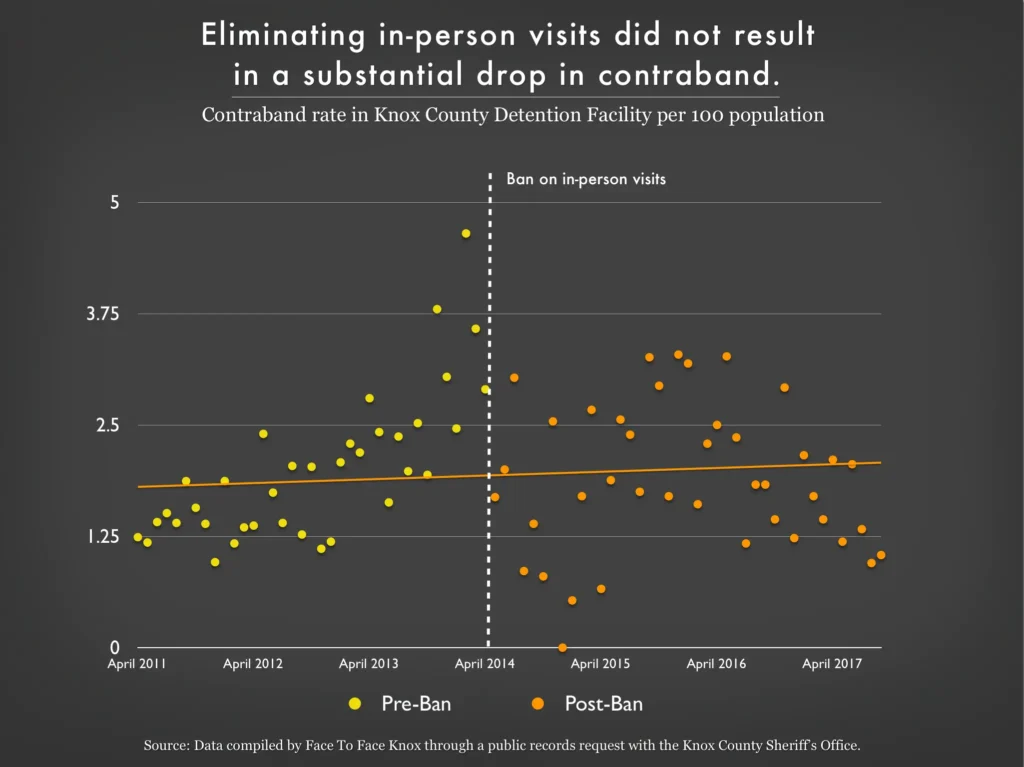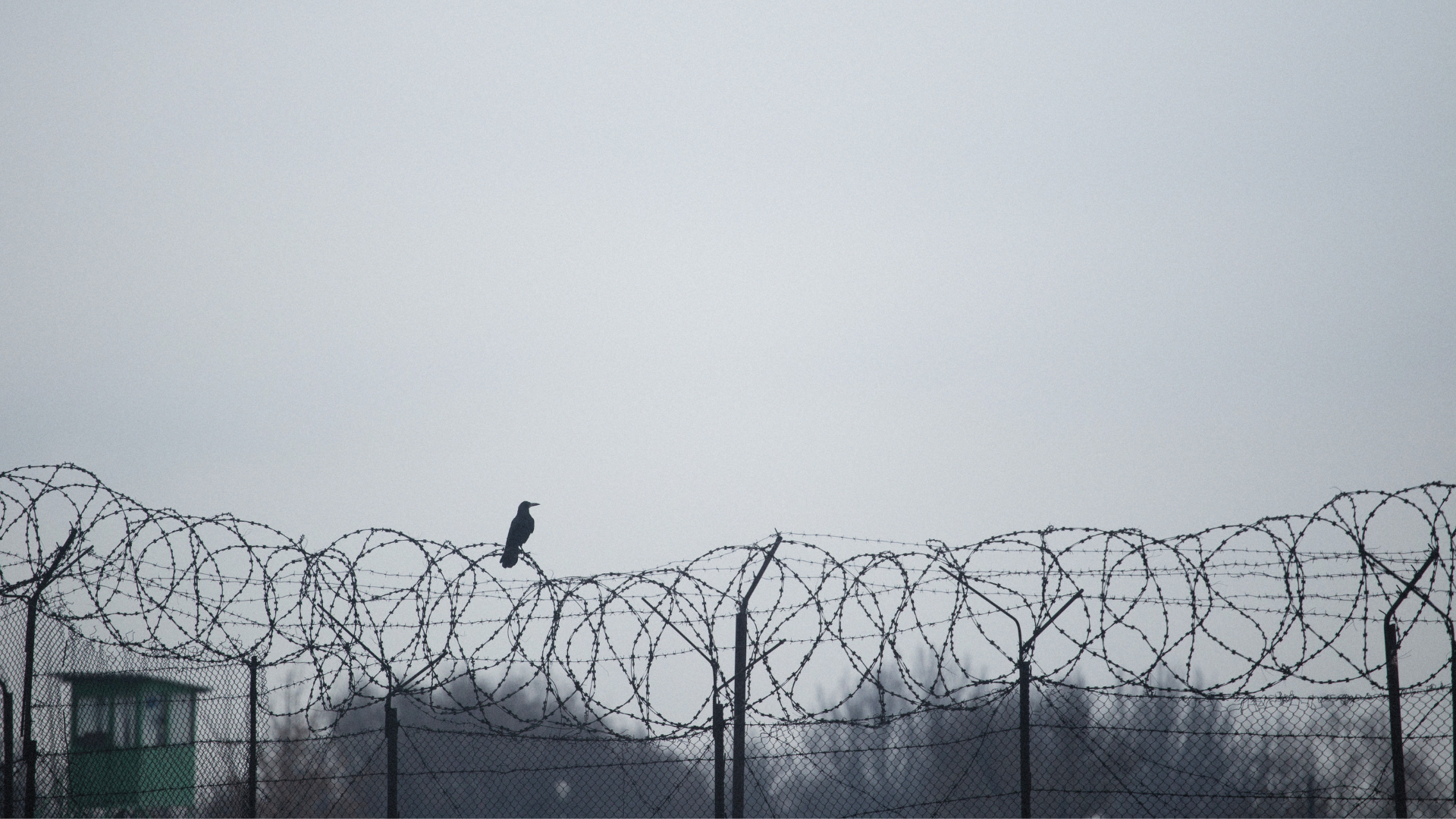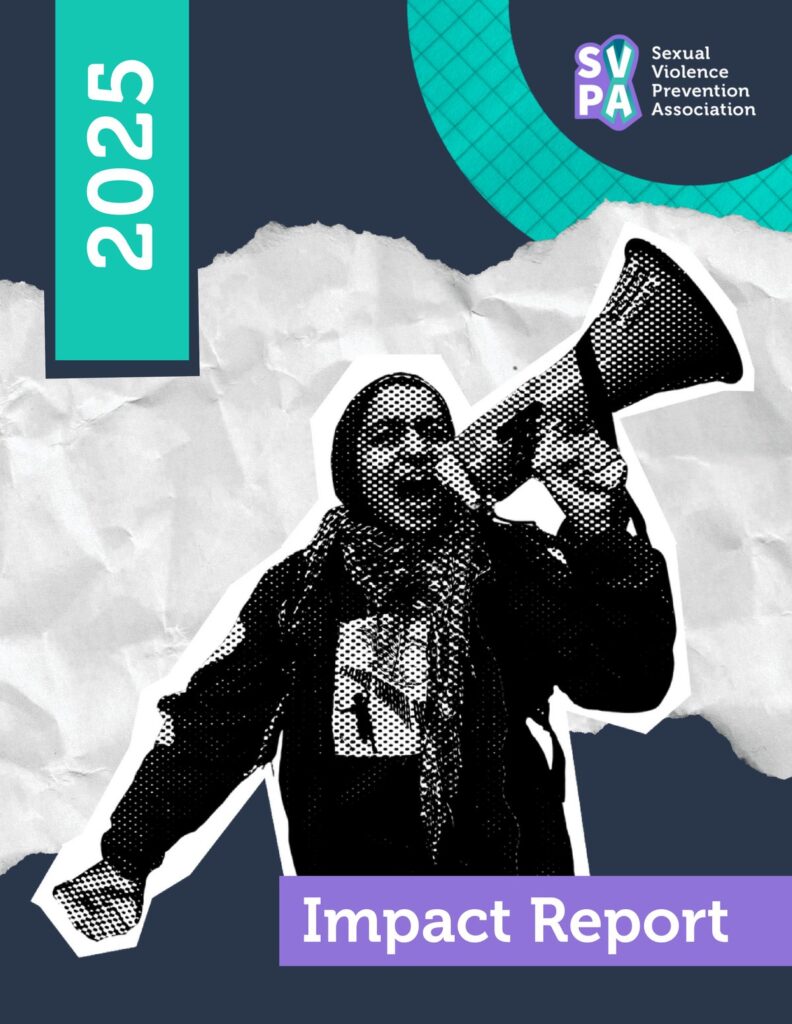The Sexual Violence Prevention Association (SVPA) condemns Denver for its failure to prevent the abuse of strip search videos and applauds San Francisco for making efforts to minimize strip-searching in their facilities. The two cities show contrasting practices– one that perpetuates sexual violence and further harms incarcerated people and one that will prevent sexual violence and improve conditions within prison walls.
In Denver, it was recently discovered that a former prison commander watched 117 inmates’ strip-search videos, viewing them as many as 3,100 times. These actions were not part of his job nor were they viewed in an official capacity, one. Instead, he is accused of viewing them for sexual gratification. The investigation found they were, “frequently viewed late at night or early in the morning, and at least twice from Denver-area hotels.”
The state investigators also found that he saved pictures of the women who were searched. These discoveries were made after an internal investigation of workplace sexual harassment began. The former commander is involved in several inappropriate incidents, including a previous complaint of sexual harassment in 2005 when he was a police officer in another county.
The fact that he was employed as a prison commander despite these allegations demonstrates the county’s lack of regard for the safety of incarcerated people. The fact that he was able to access the strip-searching videos outside of his official capacity demonstrates the county’s failure to properly safeguard recordings of strip-searches.
Strip and cavity searches are sexual violence. Victims are forced to remove their clothes and the most intimate parts of their body are viewed and prodded, all under the threat of violence. These invasive searches are traumatic and violating.
The SVPA defines strip-searching as state-sanction sexual violence- when an agent or institution commits a nonconsensual sexual act with explicit impunity granted to them by the state. Often justified in the name of “public order,” “security,” or “collective safety,” it encompasses practices such as strip and cavity searches, coerced sterilization, or nonconsensual medical procedures, including gender assignment surgeries performed on intersex youth.
Like with most state-sanctioned sexual violence, invasive searches are rationalized by false claims of safety. Specifically, supporters claim these searches prevent contraband, such as weapons or drugs, that could be a danger to the inmate, staff, or other prisoners. A 2018 study found that most contraband comes in through staff, not inmates or visitors. Another study from Knoxville, Tennessee found that eliminating in-person visits did not reduce contra-band. And a multi-state study did not find a statistically significant difference in rates of contraband between states with different visitation and strip searching policies.

Strip/cavity searches are state-sanctioned sexual violence that isolate incarcerated people. Requiring strip-searches to see visitors doesn’t deter contraband. Instead, it deters incarcerated people from connecting with loved ones and speaking with their legal representatives.
In San Francisco there are efforts to mitigate this harm by providing body scanners as an alternative to strip searches. Before the recent change, all prisoners had to undergo a strip search every time they met with their lawyers. This was creating a ‘chilling’ effect, causing inmates to avoid seeing their lawyer in order to avoid the sexual trauma of a strip search. Defense attorneys, the ACLU, and Mission Local (a local news publication) voiced concerns that this policy was denying prisoners their constitutional right to legal counsel.
Due to this pressure, the San Francisco Sheriff changed the policy on strip searches. Now, deputies will have the option to put inmates through a body scanner after meeting with their attorney, instead of forcing them to undergo an invasive strip search. Deputies may also choose to perform a strip search, especially if the body scan identifies something.
Though this new policy does not outright ban strip searches, it will still significantly reduce them. This is a big win in preventing state-sanctioned sexual violence.
The SVPA condemns strip and cavity searches and calls for the ending of this practice nationwide. There are less intrusive measures, like body scanners, that are more effective at maintaining safety, and easily implemented as an alternative, as exemplified in San Francisco. The SVPA urges law enforcement to mirror the actions of the San Francisco Sheriff’s Office in preventing strip searches and minimizing the sexual trauma to inmates. The actions of the prison commander in Denver demonstrate that state-sactioned sexual violence is harmful and traumatic, and that it can lead to further abuses of power.






